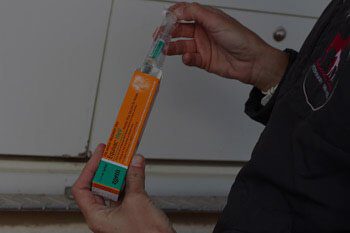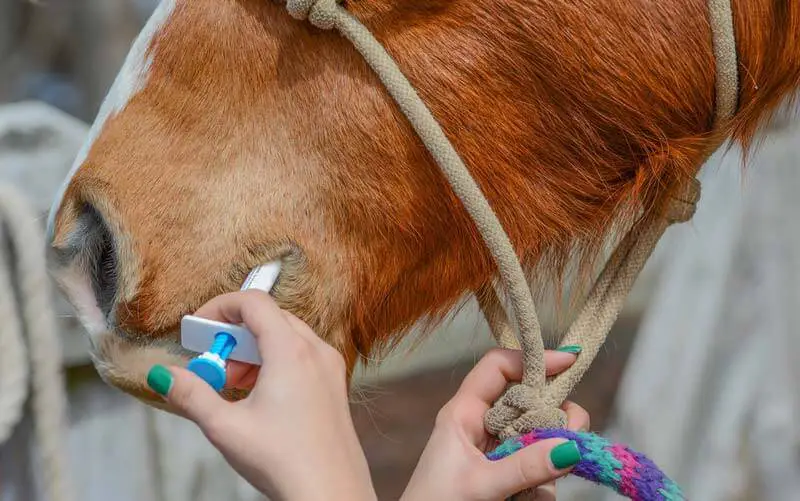
Hendra Virus is one of Australia’s most lethal viruses. While its prevalence is low, 75% of horses infected and 57% of humans infected have died from the disease. In total, since its discovery, Hendra Virus has claimed the lives of 81 horses and 4 humans.
Hendra Virus transmission
Hendra Virus was first discovered in the Brisbane suburb of Hendra in 1994. It is a disease that remains exclusive to Australia and occurs naturally in flying fox populations, with reported cases in Queensland and New South Wales.
Due to the wide distribution of flying fox colonies across most states and territories, Hendra Virus is difficult to control. It is spread from flying fox to horse, horse to horse and horse to human, via the transmission of bodily fluids, including blood, nasal discharge, urine and saliva.
Hendra Virus prevention
Hendra vaccination remains the only method of preventing Hendra infection in horses. However, while the Australian Veterinary Association endorses the Hendra vaccine (Equivac HeV), its use cannot be expected to be 100% effective.
Horse owners and veterinarians are encouraged to reduce the risk of infection with hygiene and quarantine practices to prevent its spread. As there is currently no cure for Hendra infection in humans, it is only by preventing Hendra in horses that we can protect the lives of those who interact with them.
At present, there is no approved treatment for Hendra Virus in humans. An experimental monoclonal antibody has been granted compassionate use in humans. However, despite its promise, Hendra Virus poses a high risk of fatality.



